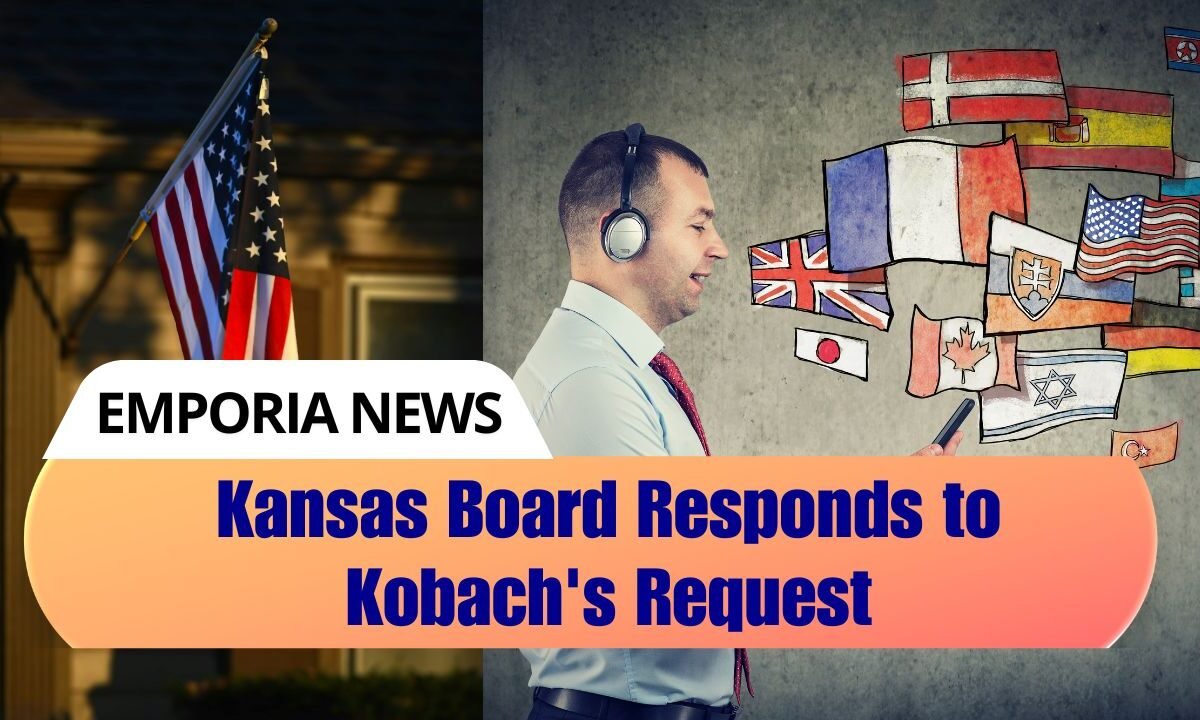On June 25, 2025, Kansas Attorney General Kris Kobach issued a formal request to the Kansas State Board of Education (State Board), urging the removal of non-discrimination language from certain school contracts associated with federal USDA food nutrition programs.
The language in question prohibits discrimination based on gender, sexual orientation, gender identity, or gender expression—terms which Kobach argues conflict with executive orders from former President Trump and a previous federal court injunction.
Details of the Disputed Contract Language
The non-discrimination provisions appear in mandatory contractual clauses required in all Kansas state contracts for goods and services, as outlined by the Kansas Department of Administration’s Office of Procurement and Contracts.
These standardized terms are not under the control of the Kansas State Department of Education (KSDE) or the State Board, according to agency officials.
Follow-Up Meeting and Jurisdictional Clarification
On July 3, representatives from the Attorney General’s Office, Governor’s Office, Kansas Department of Administration, KSDE, and the State Board met to discuss the matter.
During the meeting, KSDE and State Board representatives clarified that any revisions to contractual language must be authorized by the Kansas Department of Administration, as required by state procurement laws—not by KSDE or the State Board.
Kobach Reiterates Position in Second Letter
In a follow-up letter dated July 7, Kobach reaffirmed his stance, stating that contracts involving federal funds should not contain non-discrimination clauses related to gender identity or sexual orientation.
He warned that enforcing these clauses might jeopardize federal funding for Kansas public schools, specifically meal programs that serve students across the state.
KSDE’s Ongoing Commitment to Resolution
In response to the concerns, KSDE emphasized its continued commitment to collaborating with Kansas public schools and state agencies to reach a mutually acceptable solution that preserves student funding while navigating the legal and administrative complexities of state and federal policy.
The ongoing debate between the Kansas Attorney General and the State Board of Education highlights a complex intersection of legal authority, federal compliance, and civil rights protections.
As discussions continue, stakeholders remain focused on ensuring Kansas students do not lose access to essential federal nutrition programs due to contractual disputes over anti-discrimination language.




